Super Falcons Soar to Tenth Title, But Women's Football in Africa Faces Critical Crossroads
- by Kelechi, Abuja, RNG247
- about 5 months ago
- 122 views
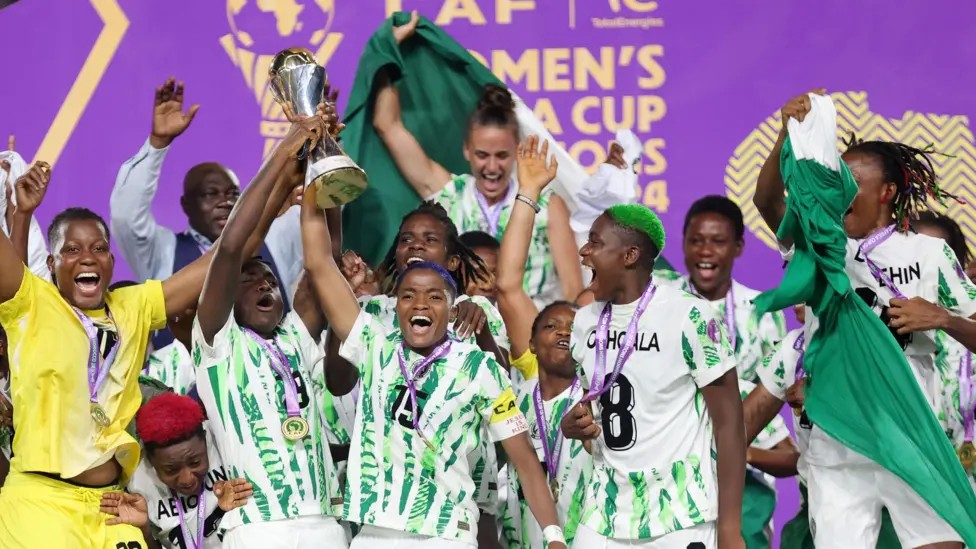
Nigeria's Super Falcons secured a historic tenth Women's Africa Cup of Nations (Wafcon) title in a thrilling final against hosts Morocco. The victory, marked by a stunning comeback from a 2-0 halftime deficit, underscored Nigeria's dominance in African women's football.
The Confederation of African Football (Caf) significantly increased the stakes for the 2024 edition, awarding the Super Falcons a $1 million prize. However, the tournament also highlighted critical issues that must be addressed to elevate the women's game across the continent.
Empty Seats and Scheduling Conflicts
Despite Morocco's captivating run, attendance at matches not involving the host nation was disappointingly low. Critics, including South Africa coach Desiree Ellis, pointed to the tournament's scheduling, which clashed with the European Championship, limiting international media coverage. The unavailability of the larger Prince Moulay Abdellah Stadium due to renovations further impacted attendance.
Caf acknowledges the challenges, noting that building success takes time. "Europe, to reach this level, started about 25 or 30 years [ago]," stated Caf general secretary Veron Mosengo-Omba, emphasizing the need for patience and continued effort.
Competitiveness on the Rise, but Gaps Remain
Wafcon 2024 showcased improved competitiveness, with Algeria reaching the knockout phase for the first time without conceding a goal. However, disparities persist. Caf is focused on raising standards across the continent before expanding the tournament further.
Beyond the Pitch: Disputes, Conditions, and Pay Gaps
The tournament was not without the issues that have plagued African football. Disputes over bonus payments and allowances affected teams like South Africa and DR Congo. Nigeria captain Rasheedat Ajibade publicly criticized the accommodation provided, leading to a relocation.
A significant gender pay gap remains a pressing concern. While Caf doubled the prize money for the winners, the figures still pale in comparison to the men's Africa Cup of Nations. The discrepancy extends to club wages, where female players earn considerably less than their male counterparts.
Seeking Financial Fair Play
Former Nigeria forward Desire Oparanozie emphasized the need for fair compensation, stating, "The discrepancy is as big as the ocean...It's not deserving because we're doing the same sport."
Improved broadcast deals and commercial contracts are seen as potential revenue streams. Ghana forward Chantelle Boye-Hlorkah highlighted the business aspect of women's football, noting that increased fan engagement, shirt sales, and broadcast views would lead to better pay.
Morocco Sets the Standard
The Royal Moroccan Football Federation (RMFF) is leading the way in supporting the club game, providing monthly stipends to top-flight players. However, most other countries rely heavily on prize money and distributions from Caf and FIFA.
As Morocco prepares to host the 2026 finals, there's an opportunity to build on the current benchmark and demonstrate the growing potential of women's football in Africa.



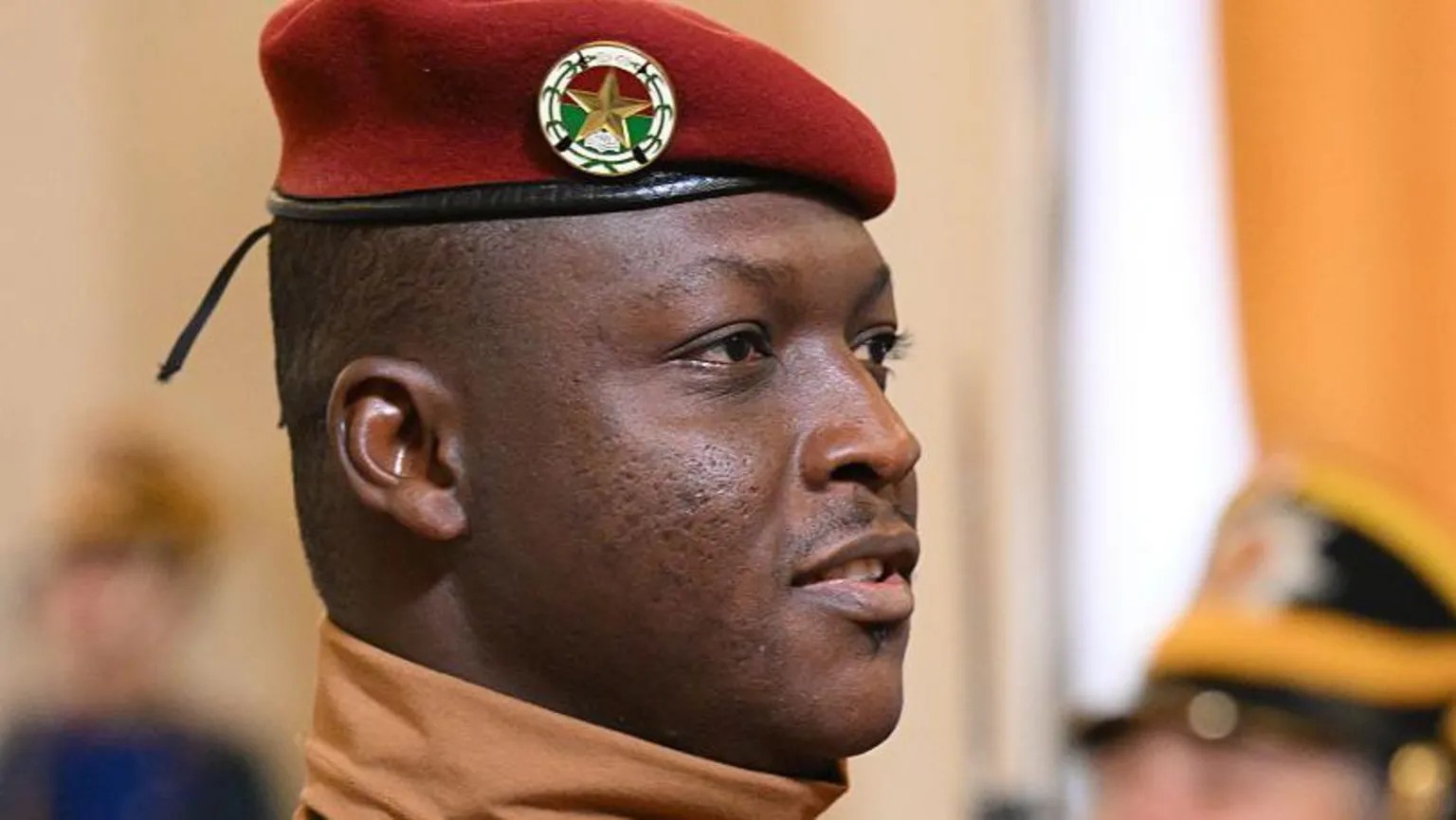
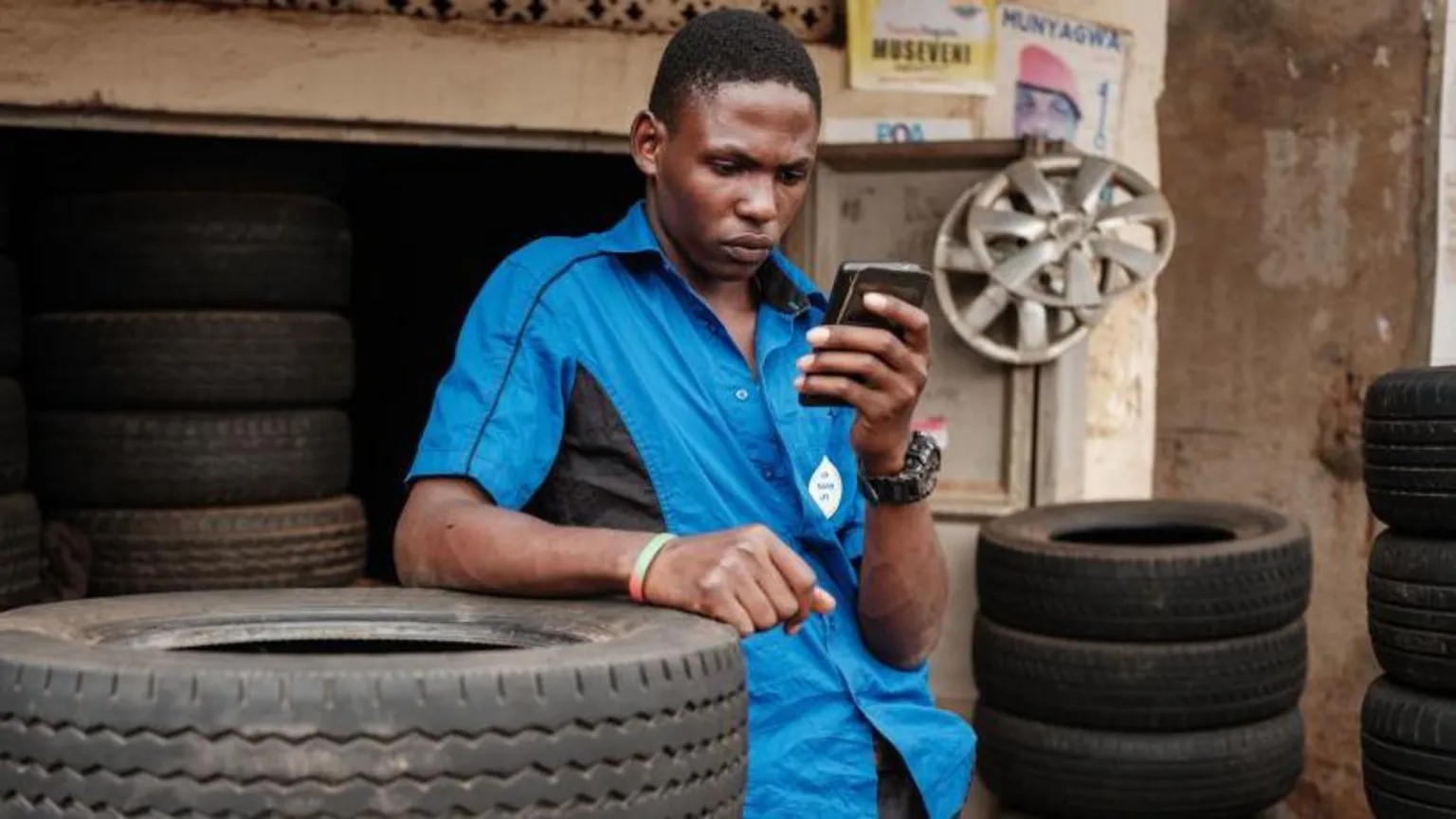
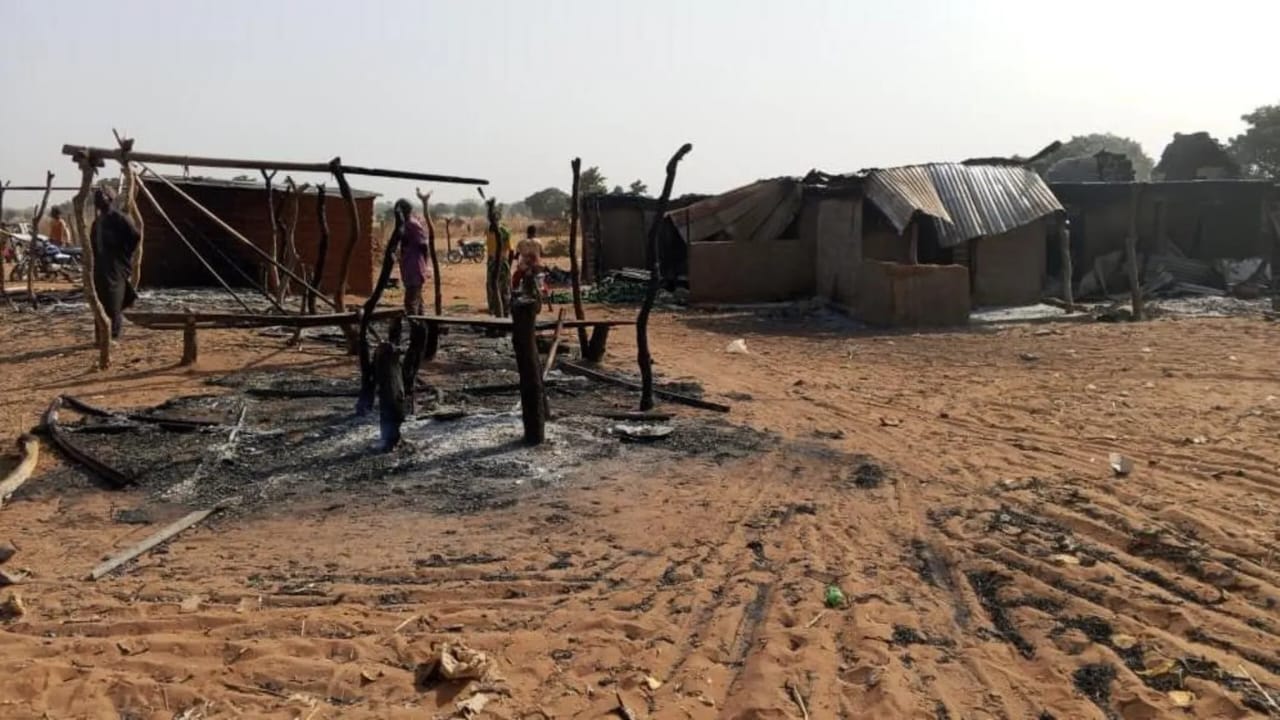
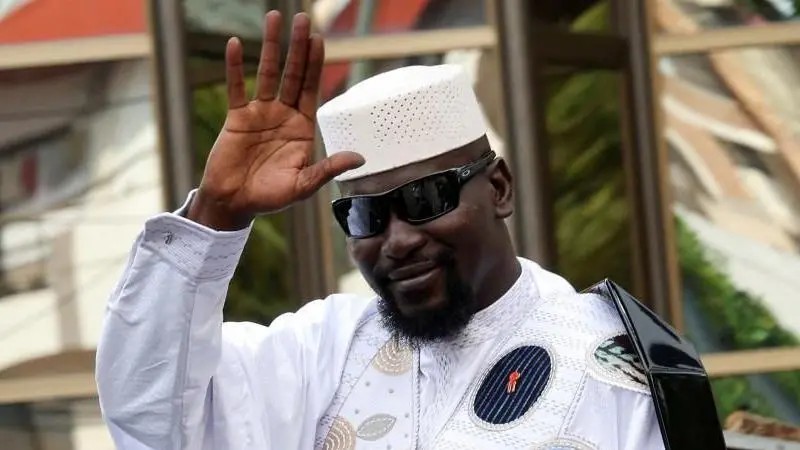
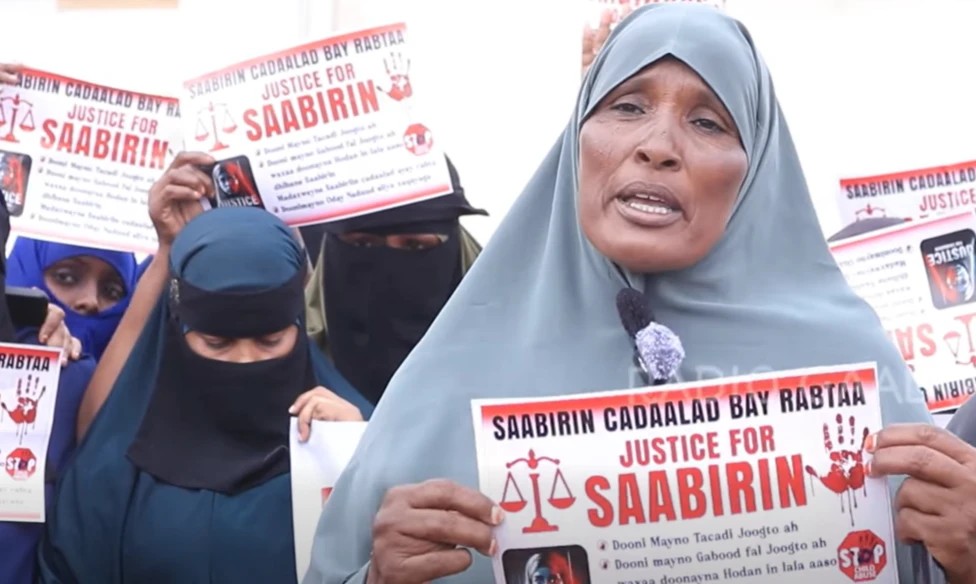

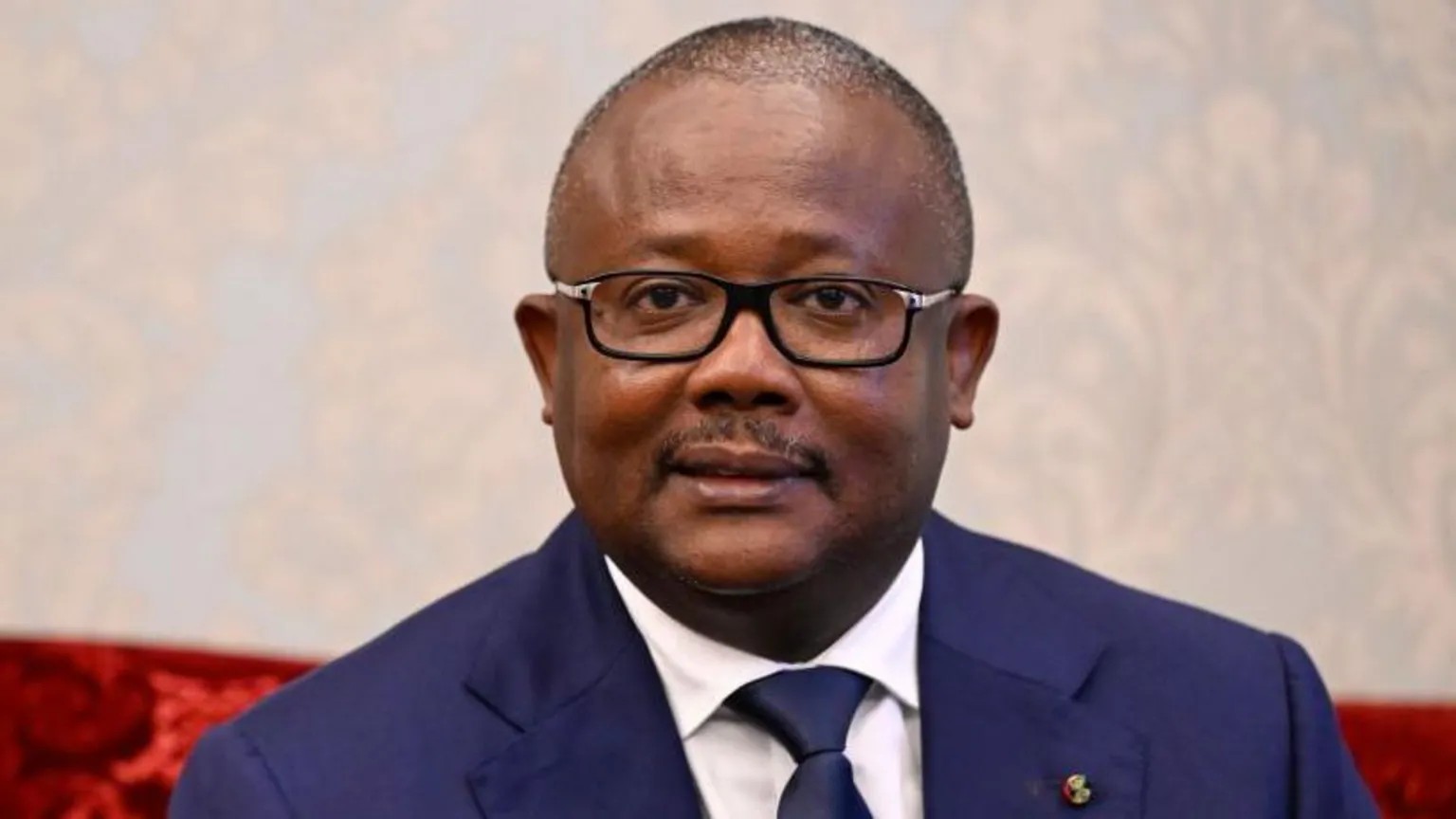
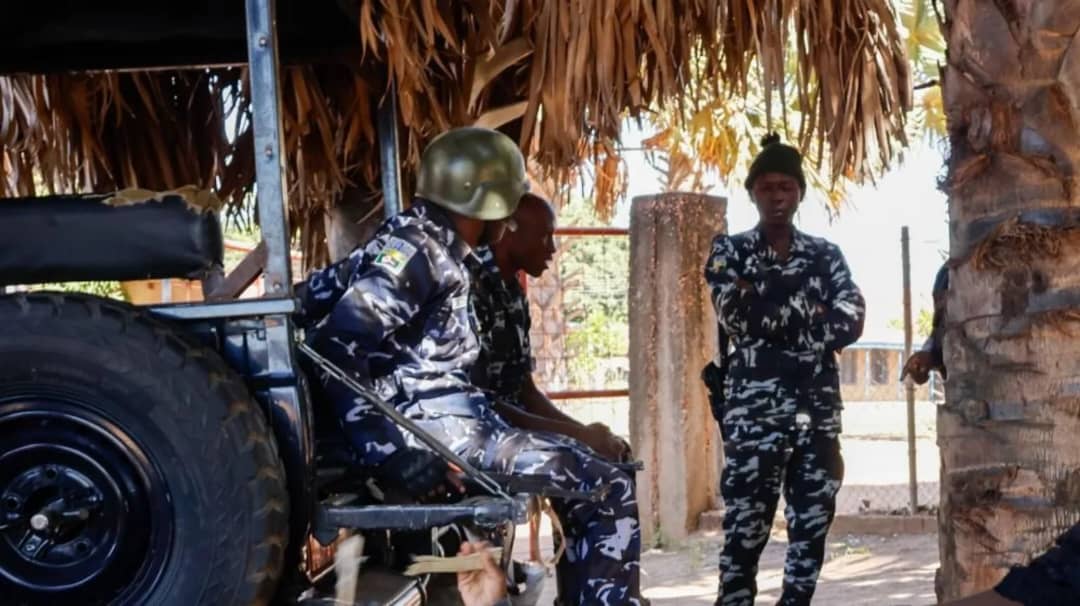
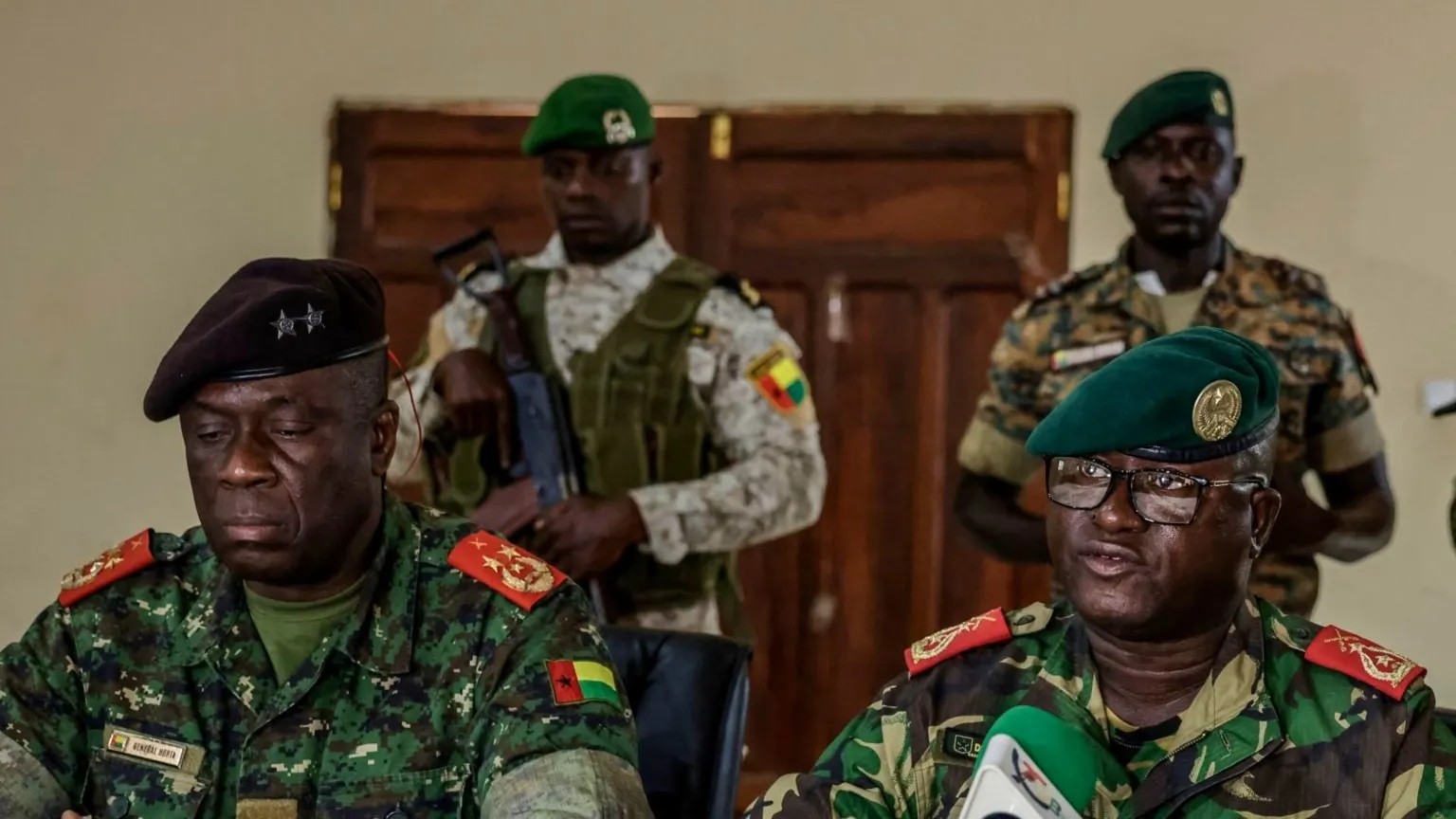
.jpg)
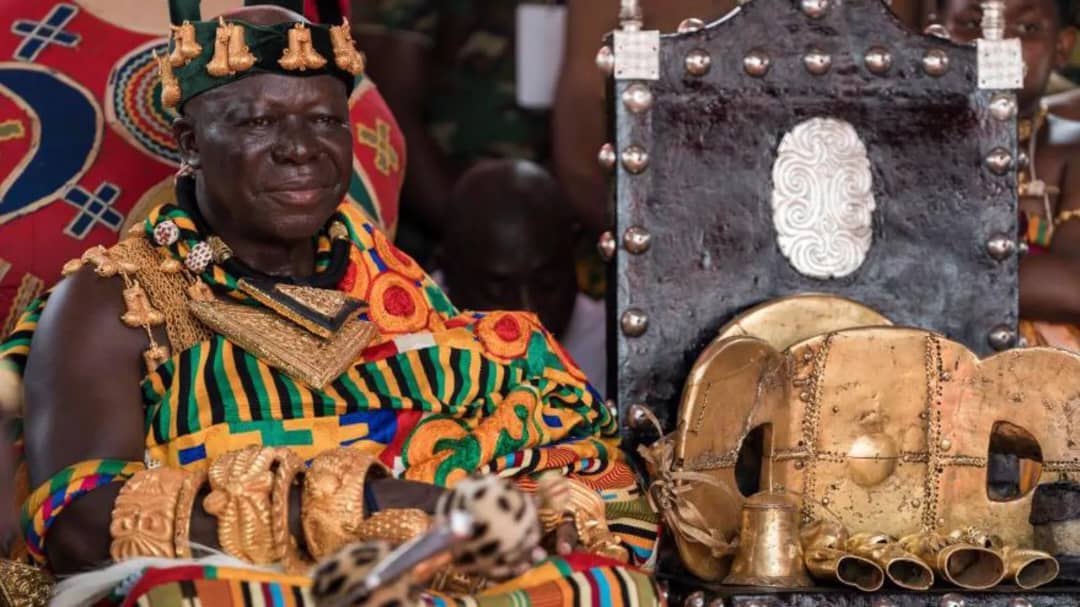


0 Comment(s)